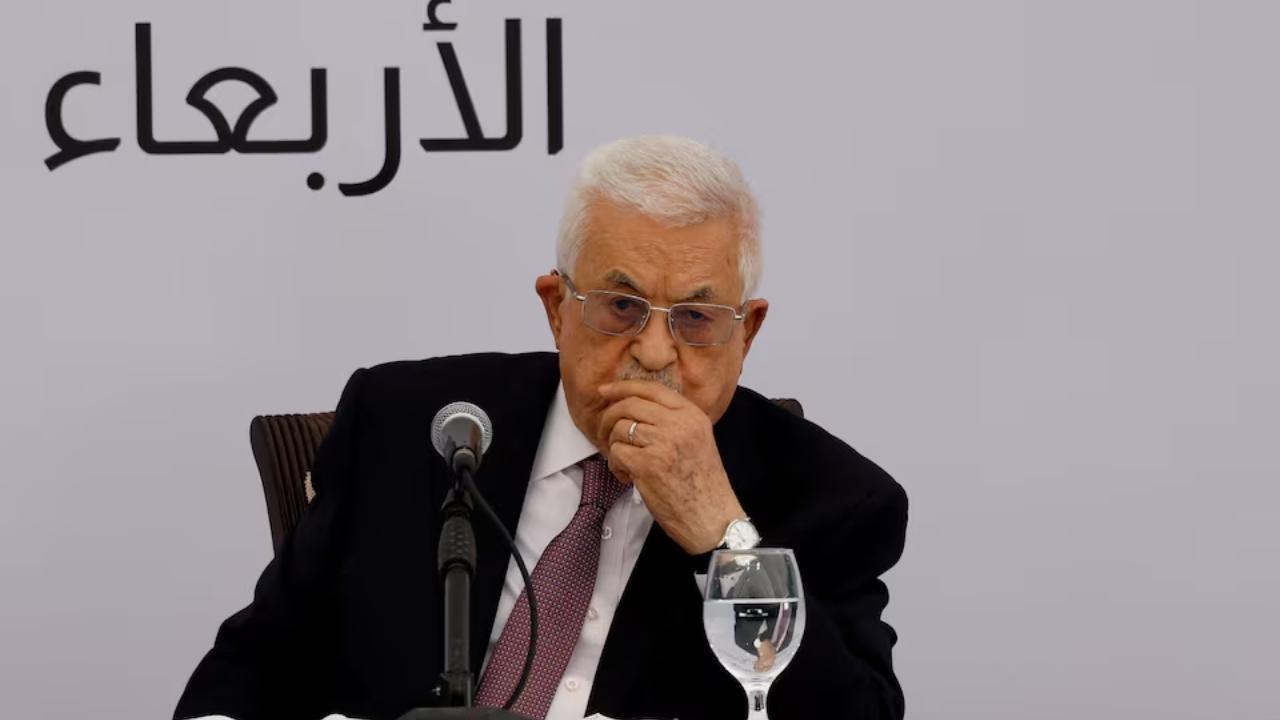
Post by : Monika
Photo: Reuters
The United States has decided not to allow Palestinian President Mahmoud Abbas to travel to New York to attend the United Nations General Assembly in September 2025. This decision also applies to about 80 other Palestinian officials.
These officials are part of the Palestine Liberation Organization (PLO) and the Palestinian Authority (PA), the two main organizations that represent the Palestinians internationally and locally.
The U.S. State Department explained that these officials will not be given visas to attend the UN meeting. A visa is an official permission to enter a country. The reason the U.S. gave is that the Palestinian leadership has not fulfilled its commitments to peace.
The U.S. also said the Palestinians have not condemned extremism, which is violent behavior done in the name of religion or politics. According to the U.S., this creates difficulties for peace in the Middle East and makes it harder for negotiations to succeed.
President Abbas had planned to speak at the UN General Assembly. He was also expected to attend a special summit organized by France and Saudi Arabia. This summit is important because several Western countries, including Britain, France, Australia, and Canada, are expected to officially recognize Palestine as a state during these meetings. Recognition of a state means that countries officially accept it as a country with full rights in the international community.
The Palestinian leadership was surprised and disappointed by the U.S. decision. They said it goes against the 1947 UN Headquarters Agreement. This agreement is an important rule that says the United States should generally allow foreign diplomats to attend meetings at the UN headquarters in New York. The Palestinian officials argued that blocking their entry is unfair and violates international rules.
The U.S., however, said it can deny visas for reasons related to security, terrorism, and foreign policy. The U.S. government believes that granting visas to certain officials who are connected to groups or activities it sees as extremist could be dangerous.
Even with this decision, the U.S. made it clear that the Palestinian Authority's permanent mission to the UN, which includes officials who already live and work in New York, is not affected. These officials can continue their work at the UN as usual.
This decision by the U.S. comes at a time when international support for Palestinian statehood is growing. Many countries around the world are frustrated with the ongoing conflict between Israel and Palestine.
They see the situation in Gaza and the West Bank as urgent and dangerous. The conflict has caused many deaths and suffering over the years, and the world is looking for ways to bring peace. Some countries believe recognizing Palestine as an independent state might help push forward a long-lasting solution to the conflict.
The U.S. has done similar actions in the past. One important example is from 1988 when the U.S. denied a visa to PLO leader Yasser Arafat. Because of this, the UN could not hold its planned meeting in New York and instead had to move it to Geneva, Switzerland. This shows that the U.S. has a history of using visa power as a political tool in international diplomacy.
The Palestinian leadership continues to seek recognition of an independent state in the West Bank, Gaza, and East Jerusalem. These areas are currently under Israeli control. Palestinians say that direct negotiations with Israel have not led to a lasting peace agreement.
Over the years, many talks and agreements were made, but a final solution that satisfies both sides has never been reached. Palestinians feel that international recognition of their state could strengthen their position in future negotiations.
The conflict in Gaza and the West Bank has caused serious humanitarian problems. Thousands of people have been killed, and many more have lost their homes or access to basic needs like water, food, and electricity. Hospitals and schools have been damaged in repeated clashes.
The international community is concerned about the safety of civilians, and this concern adds pressure on countries to act. Some believe that recognizing Palestine as a state could provide more international support to address these issues.
The upcoming UN General Assembly is a key moment for Palestinian statehood. The General Assembly is a gathering of almost all countries in the world, and it is one of the main places where international decisions are discussed and made.
Speaking at the assembly allows leaders like President Abbas to share their views, explain their situation, and gain support from other countries. Not being allowed to attend makes it harder for Palestinian leaders to present their case directly.
At the same time, the UN General Assembly has other important goals. Countries discuss global security, human rights, climate change, and economic development. The Palestinian issue is just one of many, but it has received strong attention because of its long history and continuing impact on peace in the Middle East. Many diplomats believe that finding a solution to the Israeli-Palestinian conflict is crucial for regional and global stability.
Some countries have already expressed frustration with Israel’s policies in the occupied territories. They are also unhappy with the lack of progress in peace talks. This frustration has led to discussions about recognizing Palestine officially. Recognition by powerful countries can influence other nations and create momentum toward statehood. It can also encourage negotiations by showing Israel that the international community supports a two-state solution, where Israel and Palestine exist side by side.
The U.S. decision to block visas is also seen as a way to pressure the Palestinian leadership. By denying access to the UN meeting, the U.S. signals that it expects Palestinian leaders to take stronger actions toward peace and condemn any acts of violence or extremism.
Some analysts say this move could either push Palestinians to negotiate more seriously or create tension between the U.S. and Palestine, depending on how the leadership reacts.
The international response to the U.S. decision is mixed. Some countries support the U.S. action, arguing that security and peace commitments must come first. Others criticize it, saying that it prevents Palestinian leaders from representing their people on a global stage. Humanitarian organizations also worry that political disputes may worsen the situation for civilians in Gaza and the West Bank.
In the past, international recognition of countries has played an important role in shaping global politics. For example, when new countries were recognized after conflicts or independence movements, they gained the ability to join international organizations, receive aid, and participate fully in diplomatic discussions. Palestinian leaders hope that recognition at the UN or by key countries could bring them similar benefits.
Despite these challenges, the Palestinian Authority continues to operate internationally. Its permanent mission at the UN in New York continues its work on diplomacy, communication, and coordination with other countries. Officials there focus on daily operations, meetings with diplomats, and preparing statements for international media. Even without the main delegation attending, the mission keeps the Palestinian presence visible at the UN.
The U.S. decision also comes at a time of global attention on other issues in the Middle East. Conflicts in Syria, Iraq, and Yemen, as well as political tensions in Iran and Lebanon, make the region very unstable. The Palestinian issue is one part of this larger context.
Many countries see a need for a comprehensive approach to peace and security across the Middle East, and the Palestinian statehood issue is central to these discussions.
Palestinian leaders hope that international pressure and support can lead to recognition without requiring immediate direct negotiations with Israel. They argue that recognition is a legal and political step that can help protect their people and strengthen their rights. Israel, on the other hand, has concerns about security and borders, which it says must be addressed before full recognition can happen.
As the UN General Assembly approaches, world leaders will watch closely. Discussions in New York will include debates, speeches, and resolutions about the status of Palestine. Decisions made during this assembly could influence international politics for years to come. It will also affect the daily lives of millions of Palestinians living under occupation, as well as Israel’s policies in the region.
In conclusion, the U.S. decision to block Palestinian President Abbas and other officials from attending the UN General Assembly is a significant event in international politics. It highlights tensions between security concerns, international law, and the push for Palestinian statehood. While it prevents direct participation of some Palestinian leaders,
their permanent mission continues to work, and international support for recognizing Palestine is growing. The situation remains complex and tense, with global attention focused on how peace and recognition efforts will unfold in the near future.
Palestinian statehood
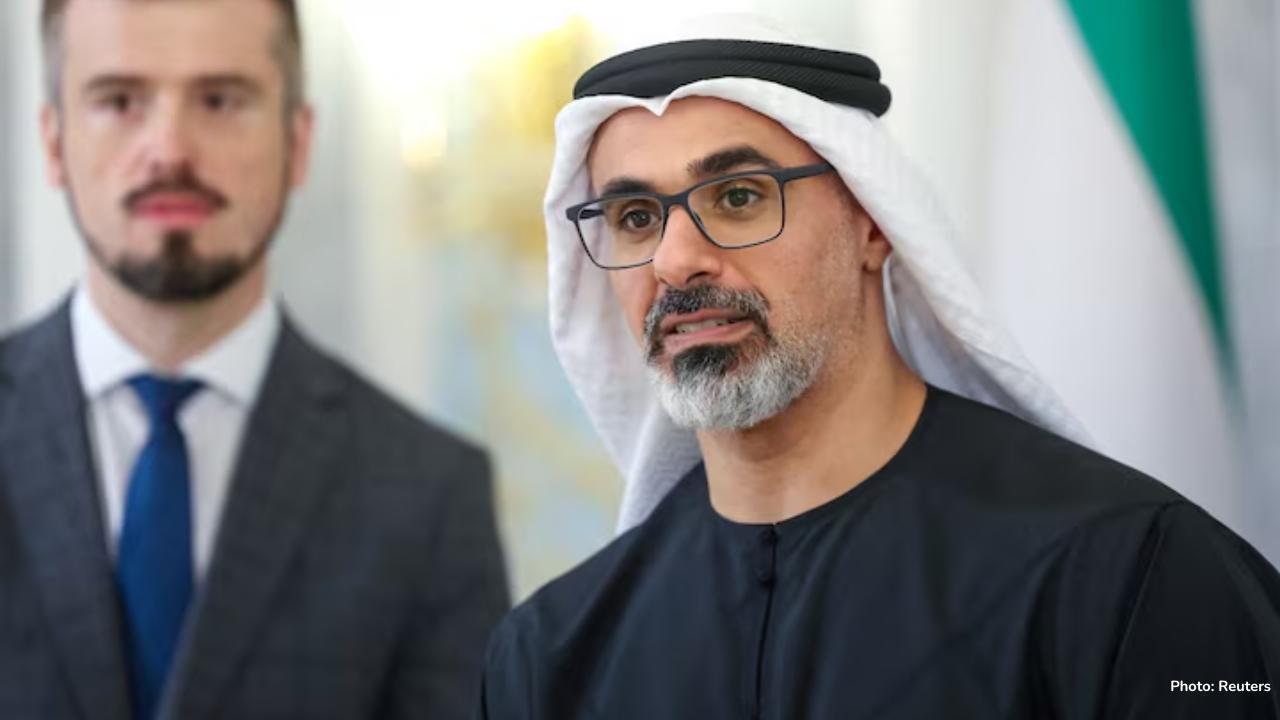
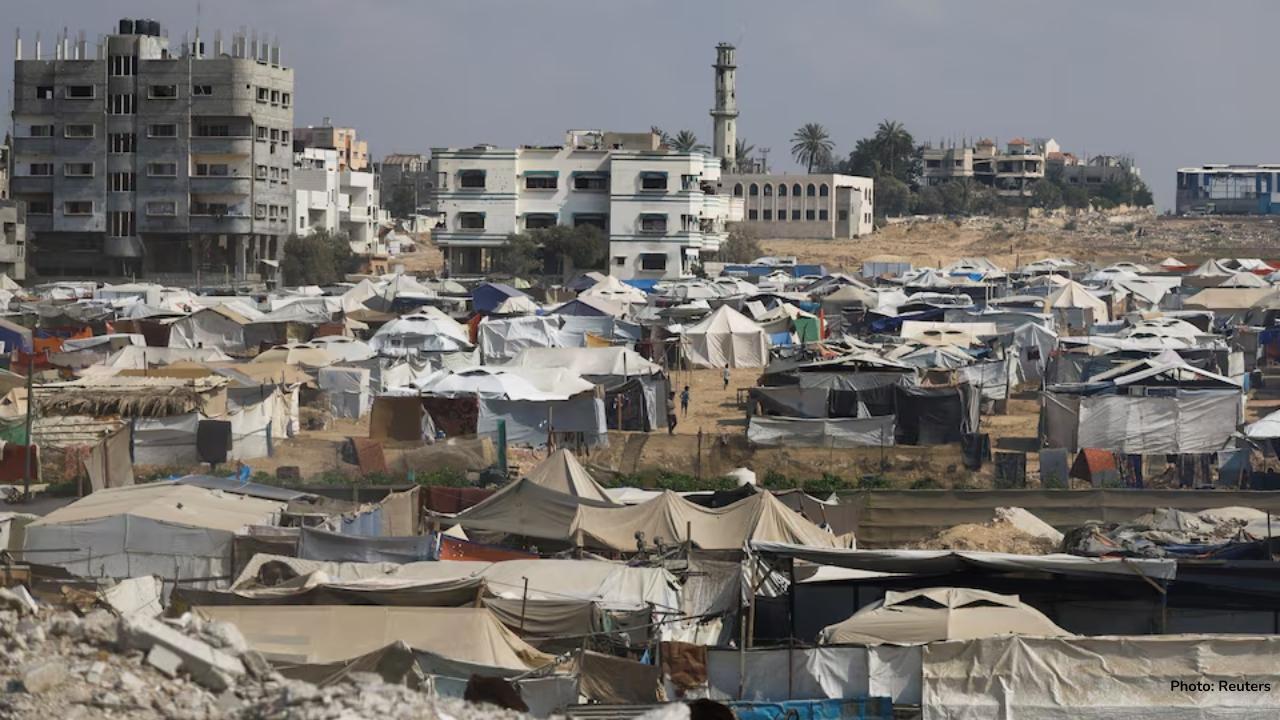


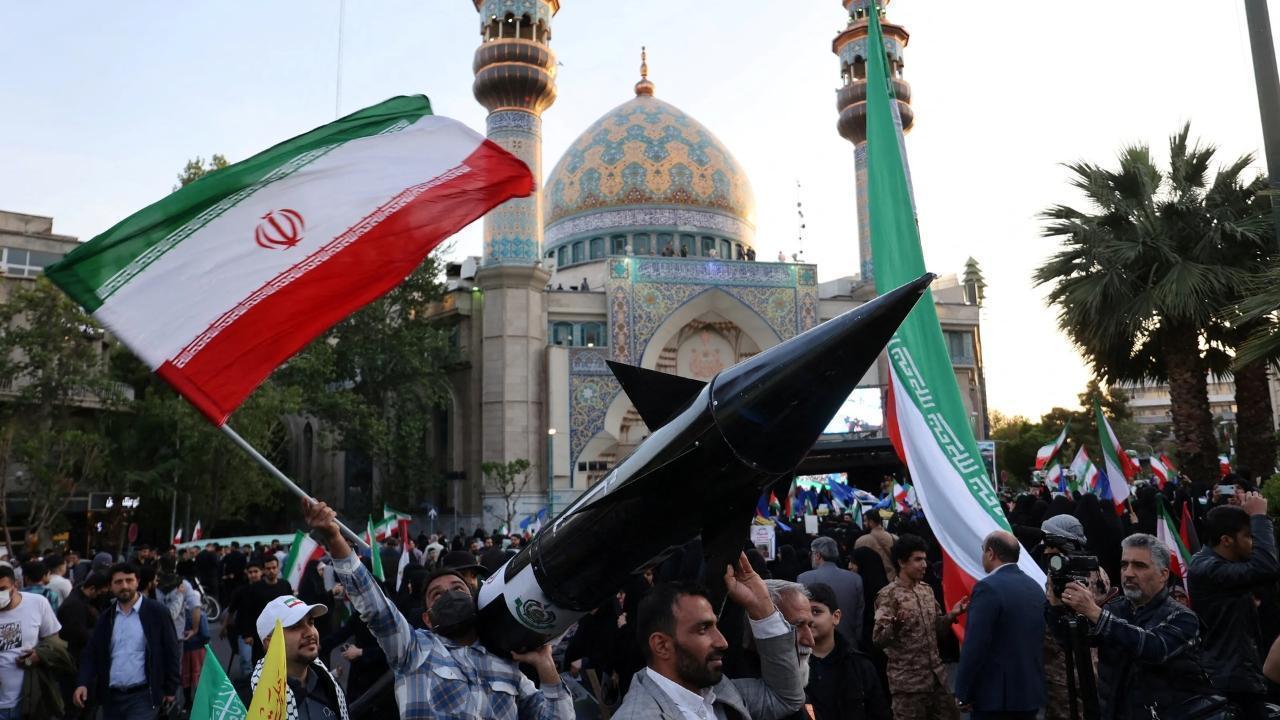
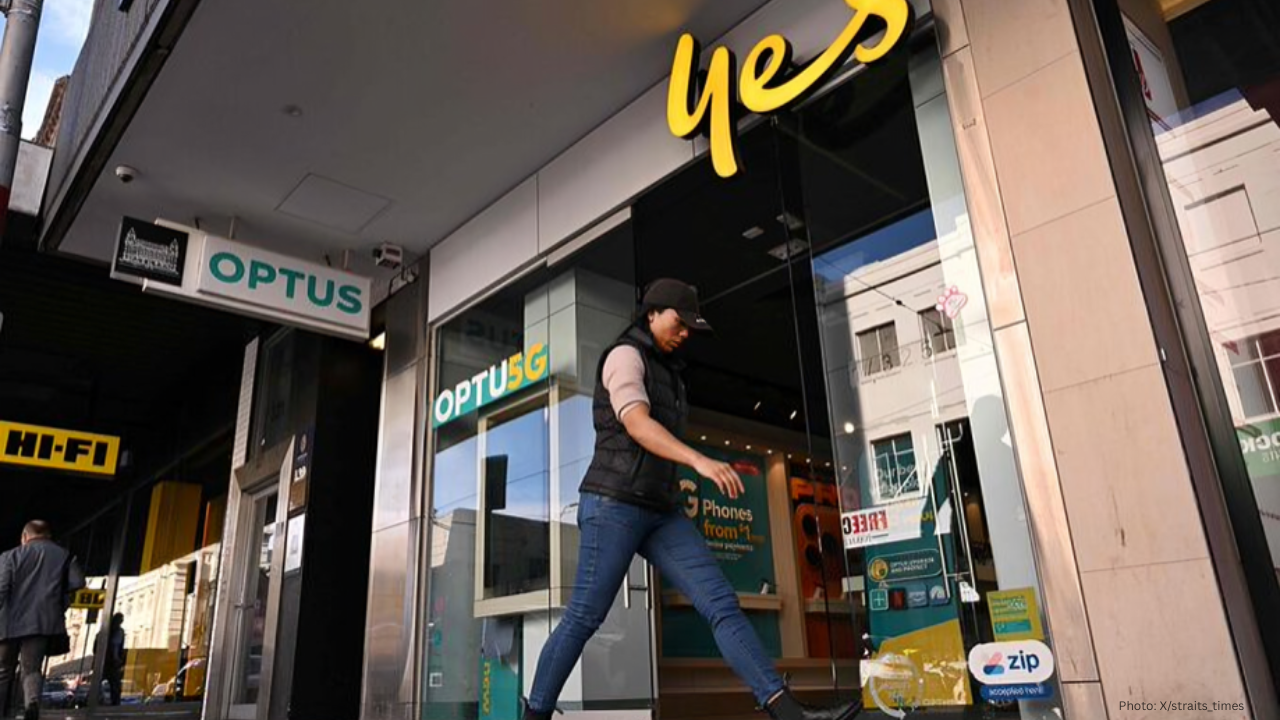




Abu Dhabi Approves $11.4 Billion to Improve City Life
Abu Dhabi's Crown Prince Sheikh Khaled bin Mohamed bin Zayed has approved an $11.4 billion plan to e

Palestinian Authority's Role in UN Two-State Plan Explained
UN-backed plan outlines Palestinian Authority's role in Gaza governance, peace efforts, and state-bu

Dutch Ship Hit by Explosion Near Yemen, Crew Rescued
Dutch-flagged cargo ship Minervagracht attacked near Yemen's Aden; two crew injured, vessel on fire,

UAE Urges Netanyahu to Support Trump’s Gaza Peace Plan
UAE calls on Netanyahu to back Trump's Gaza peace plan and warns against West Bank annexation, empha

US Deports 100 Iranians After Agreement with Tehran
The U.S. has deported 100 Iranians to Iran following a deal with Tehran. A U.S. flight departed from

Trump and Blair Lead New Gaza Peace Plan
U.S. unveils peace plan for Gaza with Trump and Blair leading. Hamas excluded. Plan includes ceasefi